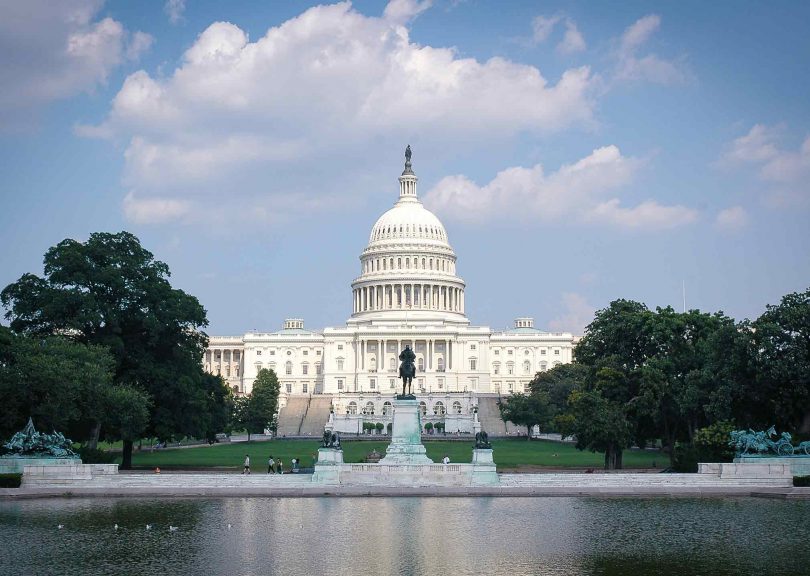A resilient, reliable electric grid that provides affordable power is crucial for rural communities as America transitions to cleaner energy, an electric cooperative CEO told a Senate committee in November. Local energy needs and grid reliability discussions with Congress are ongoing.
As cooperatives look to the future, they are exploring all options, technologies and ideas to work to meet the evolving energy needs of their local communities.
Co-ops are facing three key challenges:
- Responding to consumer-members’ desire for a diverse energy mix.
- Maintaining reliable baseload power as part of a lower-carbon future.
- Providing services beyond electrification, including rural broadband.
However, unlike the rest of the electric sector, electric co-ops sell the majority of their power to households rather than businesses. Keeping rates down for rural families at the end of the line is especially important for co-ops.
A new $9.7 billion USDA program created by Congress this year as part of the Inflation Reduction Act will also help interested co-ops build new clean energy systems by providing grants and loans for projects that include renewable energy, energy storage, carbon capture, nuclear power and generation and transmission efficiency.
Electric co-ops rely on funding from USDA’s Rural Utilities Service Electric Program to help pay for essential electrical infrastructure projects. But often RUS loan approvals are complicated by environmental reviews and decision delays.
“To meet our nation’s growing electricity needs, electric cooperatives would benefit greatly from reforms to the federal permitting process that maintain robust environmental protections while ensuring determinations are made in a timely manner,” the electric cooperative spokesperson said.

